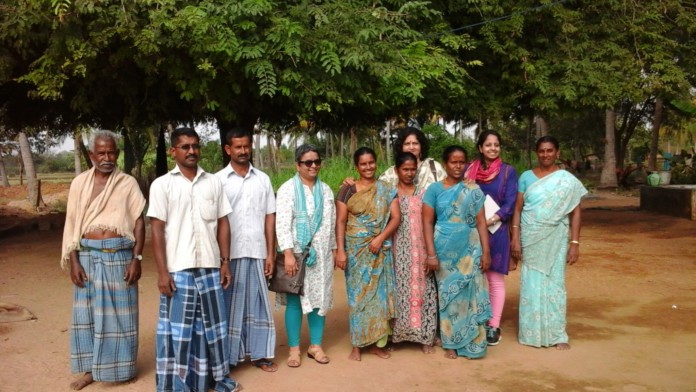Not many realize that millions of Indian farmers are passionate entrepreneurs who fight several uncertainties to produce what they set out to. Yet, the ecosystem for doing business for them in smart and transparent manner is barely developed. Decades of co-operative movement has delivered very little. India’s biggest challenge today is to transform thousands of small farm producer bodies into sustainable and climate-friendly business enterprises.
Hivos, an international organization, launched an incubation facility called ProCIF (Producer Organization Catalyst and Incubation Facility), in March 2013, at Bengaluru, as a possible model to ensure sustainable and eco-friendly farming and other livelihood related activities like fishing, animal husbandry, horticulture and forestry. Its pilot projects have shown excellent results and the model is in the scale up mode already. Since January 2014, ProCIF is managed by IFHD (Indian Foundation for Humanistic Development), a not-for-profit foundation based in Bengaluru.
A ProCIF 2014 annual report states the following facts:
- Out of the 27 FPOs (farmer producer organizations) under ProCIF, 13 FPOs have been given technical assistance and mentorship
- 17 FPOs are in incubation phase accessing soft working capital finance from FWWB.
- One FPO (Kabini Organic FPCL) is accessing funds at market rate interest from NABFINS
IFHD’s challenges and learning opportunities are immense. To begin with, it is managing the multi-stakeholder partnership comprising different actors and fund instruments. Selection of the FPO and its promoter NGO is a vital decision in the effectiveness of the ProCIF pilot programme. So is identifying low cost, green technologies. It currently maintains 19 off- farm and 21 on-farm technologies which will be deployed to help farmer groups to move towards more sustainable production models.
ProCIF is breathing new life into such FPOs with its unique incubation model, combining different funding instruments with technical assistance and mentoring support. ProCIF as a platform makes it possible for FPOs to embark onto its incubation ecosystem at different entry points, making it accessible at all stages of an FPO’s lifecycle
Impact
For over 27,000 producer families representing approx. 1, 35,500 rural people in India:
- Reducing risk for 25,500 producers (from inputs, indebtedness, trade vulnerability)
- 25 FPOs commence operations under the mentoring program of ProCIF with access to finance
- The pilot demonstrates the social innovation of the ProCIF model over an area covering approx. 67,500 acres (@ 2.5 acres x 27,000 families) of small holding farms spanning nine major states in India in different agro-climatic zones and socio-economic contexts
Despite signs of early impact, ProCIF has to tackle several challenges if it is to make a larger impact. They are:
- Building commercial viability of the business models of the FPOs
- Developing effective governance frameworks and monitoring systems
- Creating effective management structures and an understanding of member roles in the FPO
- Developing the technical skills to manage operations, business opportunities and commercial activity
By 2018, ProCIF hopes to incubate 100 FPOs with the objective of improving the economic status of more than 100,000 small producers across India.
www.ifhd.in










